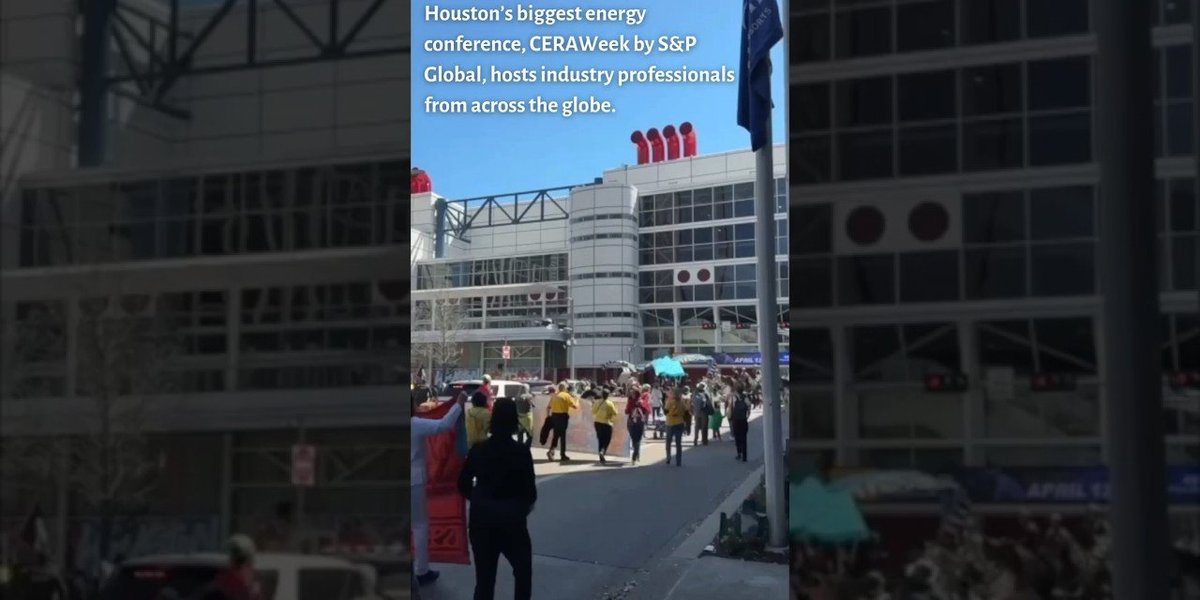global temperatures
Raging fires and deadly floods show climate change impacts worldwide
Record droughts, wildfires, and extreme floods are devastating countries across the globe as climate change intensifies.
In short:
- Wildfires in Portugal, Peru, and California have killed dozens and destroyed homes, with firefighters struggling to contain hundreds of blazes.
- Severe drought in Brazil and neighboring countries has led to historic low water levels, disrupting livelihoods and transport.
- Catastrophic floods in Southeast Asia, Central Europe, and West Africa have left thousands dead and displaced millions due to extreme storms and heavy rains.
Key quote:
“The effects of climate change are intensifying conditions that help spread fire.”
— Peru’s National Forest and Wildlife Service (SERFOR)
Why this matters:
Rising global temperatures are fueling more frequent and severe natural disasters. Without stronger climate policies, these life-threatening events are expected to increase, displacing more communities and harming ecosystems worldwide.
Related EHN coverage:
Dr. David Keith’s proposal to cool Earth sparks debate
David Keith suggests releasing sulfur dioxide into the atmosphere to lower global temperatures, igniting both interest and concern over the potential risks and benefits of geoengineering.
In short:
- David Keith proposes using sulfur dioxide in the stratosphere to reduce global warming, drawing parallels to the cooling effect of the 1991 Mount Pinatubo eruption.
- Critics fear geoengineering could lead to unforeseen global consequences, such as altered weather patterns and health risks, and divert attention from reducing fossil fuel use.
- Keith acknowledges the risks but emphasizes the potential to save millions of lives by mitigating heat-related deaths.
Key quote:
“There are unintended consequences of powerful technologies like these, and we have no idea what they will be.”
— David Suzuki, Canadian environmentalist
Why this matters:
Geoengineering is increasingly discussed as a potential tool against climate change, but its deployment poses ethical and environmental challenges. While it might offer a temporary solution to rising temperatures, it may also introduce new risks and delay essential efforts to reduce carbon emissions.
Where the world warmed the most in Earth’s hottest year
Extreme weather hits around the world as global temperatures rise
‘We are damned fools’: Scientist who sounded climate alarm in 80s warns of worse to come
The world is shifting towards a superheated climate not seen in the past 1m years, prior to human existence, because “we are damned fools” for not acting upon warnings over the climate crisis, according to James Hansen, the US scientist who alerted the world to the greenhouse effect in the 1980s.



















